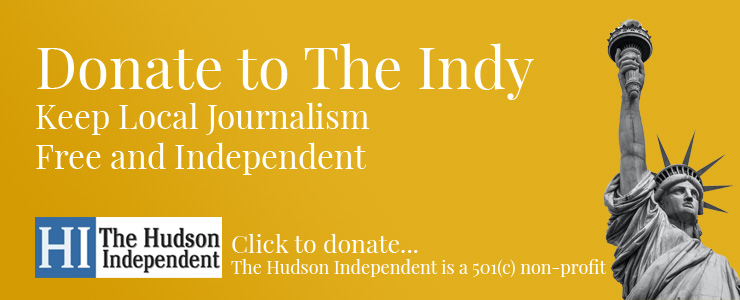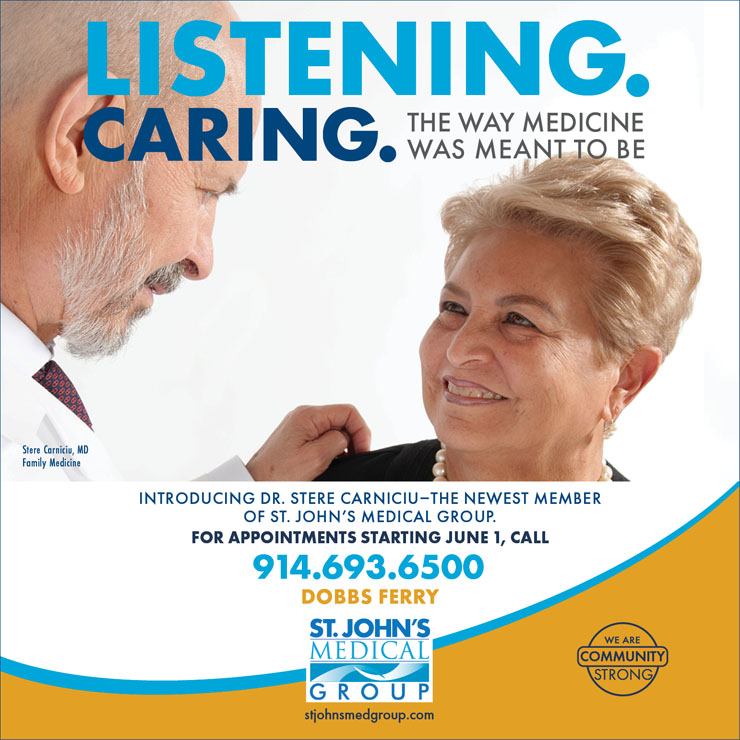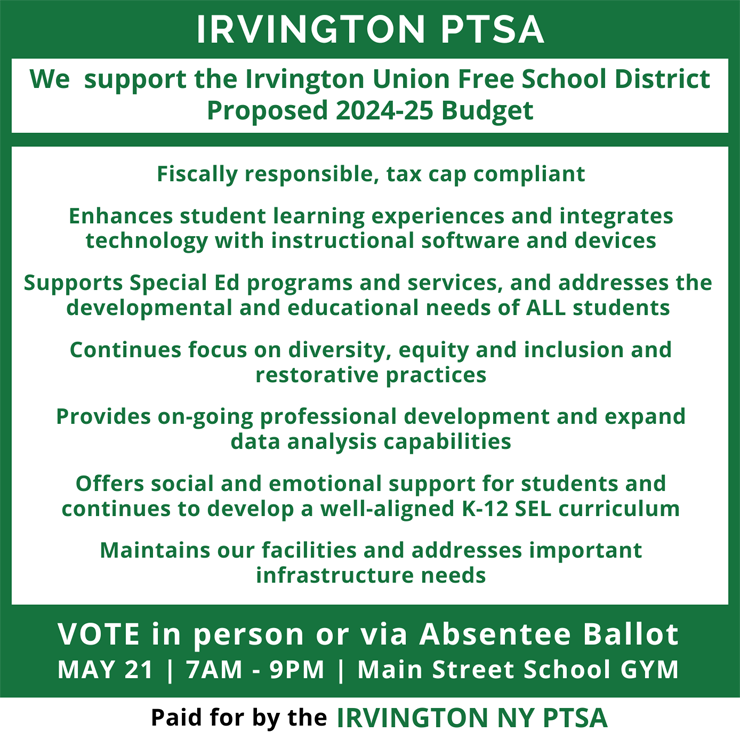
If my reward for unhoarding my parents was finding How to Be Happy, then it was a worthy mission indeed. Buried in all the unfathomable piles was this edition of Science Digest of 1953, among innumerable other detritus of all shapes and materials, and including articles on dehydrated wine and beer, “that finicky fellow, the flea” and “man conquers the machine.” But I thought this article by Bertrand Russell—that is “Lord Russell, distinguished British mathematician, philosopher, author, and holder of the 1950 Nobel Prize for Literature,” was worthy of reading and even cataloguing in photos, if not saving the thing itself.
ARMAGEDDON, CHASM
“In such ways fluidity—international, social and technical—strains men’s powers of adjustment. They do not know what sort of world they have to live in. If, for a moment, they think they know, some catastrophic change such as the atom bomb disperses their momentary but fallacious certainties,” pg. 2.
“Mankind collectively is walking along a narrow plank from an old terra firm to a new one. And the chasm over which the plank is stretched is as awful as a chasm can be. It would be ridiculous to be unaware of the chasm, but it is unwise to be terrified by it,” pg. 4.
In the face of such a mad world, Bertrand’s tips to achieving contentment include:
- Think about things to the degree required, but don’t think about the atom bomb at bedtime; get to work, and then make sure to stop working: “Many disastrous mistakes result from thinking about a thing until you cease to think sanely. If your life is to be as fruitful as possible, you should not be occupied all the time with your main purpose. You should have more willingness to let things just happen, as opposed to being brought about by your will. You should be able to enjoy things that you do not think ‘important.’”
- Conquer fear. If you have to walk that plank, don’t obsess over the awfulness of the fall, rather be confident and carefree.
- Have “expansive” feelings toward others, rather than restrictive.
Do all this—have courage and face facts (though not overly), work hard (but not too much), be generous of spirit—and you will sing like a bird.
Modern man does not sing, and he will not sing until he frees his soul from oppressive cares, when he has done so, not only his own problems, but those of the world, will have given place to new joy.
Ok, that’s all fine and good—do you hear the birdsong soundtrack?—and I feel a very contemporary thread of “stay present” running through it, but I usually like my mathematicians to come with more math, and I want my “tips” to happiness to have more meat on them than chirping.
Nonetheless, you can find all the pages of the article here if you want to read more, as we fast forward to:
T(W)EENS, TECH
Onwards to Feb 2023 when my daughters and I embarked on a six-module online lecture series offered by Yale professor Laurie Santos on the Science of Well-Being for Teens. This is a free Coursera course for teens—there’s also a free one for adults (4.5M enrolled!)—based on her class “Psychology and the Good Life,” which was Yale’s most popular course ever in its 300+ years. The popularity of these courses should say something about where we’re at these days. We took the teen one over the span of about two months and I can assure you just the idea of taking a happiness class for teens does not make teens happy, though I hoped the content would help us all make our house and lives slightly more pleasant as we navigate the chasms between 12 and 15 and 50. I persevered with my slightly forced parenting, as I always do, and we got through it, in our living room with our notebooks.
While their notebooks are heavy on the doodles, mine has actual notes in it, so here are some highlights from Santos, backed by beloved data, rather than the mere pontifications of a Lord.
The backdrop:
In an age when 37% of teens report mental health issues (9% attempt suicide; 20% consider it), positive psychology—studying “human flourishing”—becomes ever-more important. We too have armageddon looming but instead of the sci-fi feeling of atom bombs, it’s more about the maddening, vastly ignored science of global warming. What are kids to do when presented with such a wilting world on which to etch out their precarious futures?
What is happiness? Basically, subjective well-being. Feeling frequent positive emotions and the overall sense that life is good. Happy in your life and with your life. This is not equating happiness with bird song, and it’s not of course a fixed state of being. Susan Davis says, “discomfort is the price of admission to a meaningful life.”
Happy people are reportedly more inclined to help others. Happiness begets more happiness. (Happiness leads to good things happening and good things bring more happiness). Life circumstances don’t affect happiness as much as you think. We are often “miswanting”—mistaken about what will make us happier (more money?)—but the positive effects flatline after our basic needs are met.
We, as in 1953, have that armageddon to navigate and the same chasm has this added padding of ever-increasing oblivion: Of all the many things that thwart our happiness, I would argue the pervading problem seems to be this veil of technology forever further separating us (especially teens) from living solidly, presently, and socially:
- One hour social media (passive use) equates to 14% less happiness.
- The more TV (or whatever way you watch screens), the higher wealth you think everyone has. Your reference points are off. The more you watch, the more you feel compelled to spend to keep up. The more you spend, the worse off you are (see: miswanting above).
- The more distractions we have, the less happiness. Phones bleeping are expert distraction-machines. The more distracted, the less mindful we are. People are reportedly mentally “wandering” nearly 50% of time, which doesn’t ultimately feel good.
- Cultivating social connections is the most important thing we can do. The more time we spend alone, the less happy we measure. Loneliness has increased astronomically in recent years (the rate reported has doubled between 2012 and 2018, which Santos and others directly attribute to the rise of smart phones).
Her recommendations to conquer this and all the other things (like “hedonistic adaptation”—whereby the shine of good things wears off in time, etc.) are many across the six modules and more nuanced than Bertrand’s oversimplified “just be carefree” advice. She spans Cognitive Behavioral Therapy, the benefits of kindness, getting in a flow state, the importance of play, savoring the moment, getting more sleep, exercising, meditating, cultivating self-compassion, a growth mindset, and turning off phone notifications. Even the acronyms can save us when we need a tool chest with 1,000 goodies:
- Think WWW when you get online or scroll for seemingly no real reason—ask, What are you there for, What drove you there now, What else are you missing elsewhere because of this.
- There’s RAIN when we’re feeling some kind of way. Recognize (name what you’re feeling), Allow (feel it), Investigate (explore the feeling), Nurture (treat yourself with care).
- Or how about WOOP it up to achieve your goals—Wish, Outcome, Obstacle, Plan. Map out what you wish for, what would be the best outcome, what might be the potential obstacles working against it, and then establish an if-then plan incorporating those obstacles and how to deal with them.
All of this was interesting, especially when I compile it together now, but also leaves me wondering if I would have gotten even more out of the adult class; I’ll try that one someday and report back. My kids were continually peeved by how Santos seemed to be trying too hard to connect to youth, and especially her studio audience of half-asleep students they filmed over the course of however many tedious hours. I assume the live class at Yale must have been more dynamic, and such is the world we navigate now where we often get lesser Zoom experiences than more dynamic real ones.
As a Scandinavian by way of my dad’s side, I always take pride in these studies that show how Danish people rank so highly on the happiness scale. Or in this more recent article in the New York Times, there’s Finnish happiness again topping the charts for their champion ability to be happy “enough” with what they have. And some random dude, Magnus, in the comments chiming in:
“Being happy isn’t very American. We are obsessed with our pursuit of happiness, which is a different thing.”
Or how about taking it back to Plato:
“The thing is, is not to have the most, but to need the least.”
How do you define happiness? What do you actively do to get there? Respond in the comments.
 Krista Madsen is the author behind wordsmithery shop, Sleepy Hollow, inK., and producer of the Home|body newsletter, which she is sharing regularly with The Hudson Independent readership. You can subscribe for free to see all her posts and receive them directly in your inbox.
Krista Madsen is the author behind wordsmithery shop, Sleepy Hollow, inK., and producer of the Home|body newsletter, which she is sharing regularly with The Hudson Independent readership. You can subscribe for free to see all her posts and receive them directly in your inbox.
“Chemistry” is…Chemical
John Hiatt Returns to Music Hall Celebrating Life’s Lessons
Healthcare Workers Vote to Authorize a Strike at Phelps Hospital, Unless…
Wasteless Horsemen Initiative Brings Sustainability to Tarrytown Schools
The Club Car Grille Arrives in Irvington
Irvington School Board Names New Superintendent
Sleepy Hollow to Host 150th Anniversary Car Show Saturday
Hastings-on-Hudson Candidates Make Cases for Board of Ed
Ardsley Mayor Kaboolian Recognized as 2024 Woman of Distinction
Tarrytown Schools Assistant Superintendent for Business Honored
 Print
Print





























